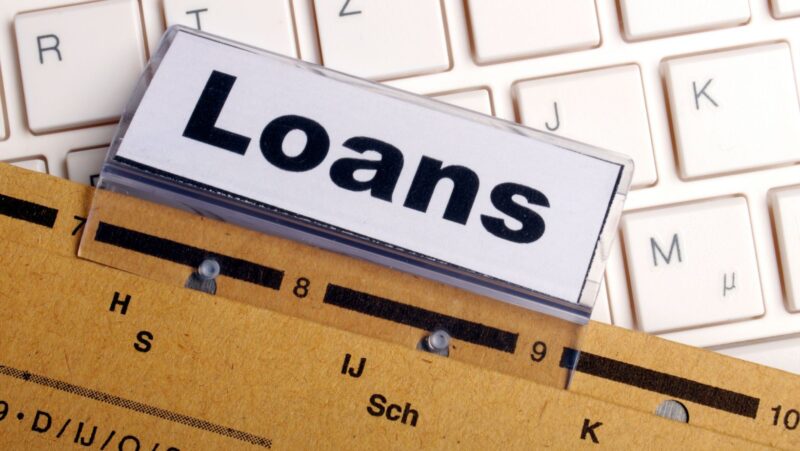
A bad or poor credit score has many consequences that make life difficult. It makes it hard to access personal loans from mainstream lenders such as banks. Even if you qualify for a loan, it will be costlier. Low credit results in more expensive credit cards and insurance. In states where checking credit scores is part of the recruitment process, poor credit will rob you of the opportunity to secure your dream job.
Unfavorable credit scores can also make it hard to rent an apartment. However, the right techniques can help boost your credit score. Discussed below are four ways to improve your credit score.
Leverage Credit Score Boosters
Credit score boosters are services, strategies, or tools specially created to boost your credit score. Their purpose is to address the critical elements affecting your credit score, including credit history length, credit utilization, payment history, and more. The credit score boosters you can leverage include:
- Credit repair services: Credit repair providers help fix your poor credit by contacting credit bureaus to remove untrue and incorrect information from your credit report
- Credit repair apps: A credit repair app lets you spot and dispute mistakes on your credit report. This credit score booster helps maintain a healthy credit score by constantly tracking your credit report and alerting you to any fraudulent activities or errors so you can act swiftly against them.
- Credit builder loans: They’re installment loans designed to help those with low or no credit improve/ build their credit. Repayments towards credit builder loans are reported to credit bureaus, helping establish and increase your credit score.
Assess Your Credit Report Regularly
Checking your credit report regularly is key to keeping your credit score in check. Issues with your credit report, including negative entries, fraudulent activities, or errors, will drag your credit down.

Assessing your credit report enables you to identify and dispute errors while ensuring your timely payments are being reported. It helps ascertain that your credit information is accurate and remains current.
Make Timely Payments
Late repayments are taken into account when calculating credit scores. Delayed or missed payments are reported to credit bureaus and entered in your report, reducing your credit score. Making timely bill payments can increase your credit score. Setting up automatic payments in your account and payment reminders prevents the possibility of missing due dates, ensuring bills are paid promptly.
Keep Your Credit Utilization Low
A high credit utilization ratio could mean that you’re almost maxing out your credit card, which often leads to a reduced credit score. Keeping your credit utilization ratio low can help raise your credit. To reduce your credit utilization, consider:

- Requesting a credit limit increase: Raising your credit limit ensures you have more credit available on your account, automatically reducing your credit utilization
- Paying off your balances: Settling your credit card balances can help minimize your credit utilization ratio
- Consolidating high credit balances: If you have two or more credit cards with high balances, making substantial progress in reducing your credit utilization can be challenging. A debt consolidation loan allows you to settle your debt faster
- Applying for a new credit card: Owning several credit cards linked to your account boosts your available credit amount, and if your overall spending doesn’t increase, the credit utilization rate will reduce
Endnote
Poor credit portrays you as an irresponsible borrower, making it hard to access credit. Leveraging a credit score booster, reviewing your credit report regularly, making timely payments, and keeping your credit utilization low can help improve your credit score.










